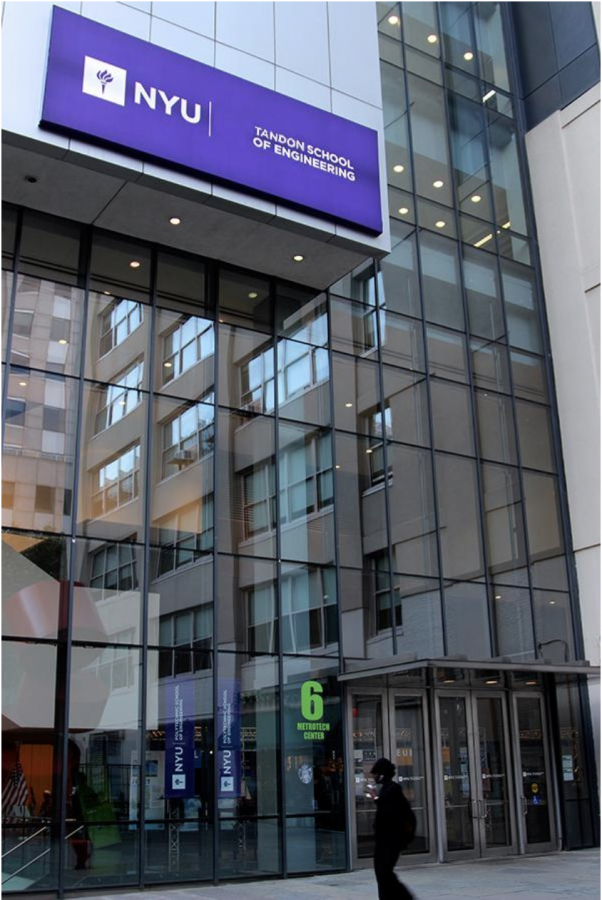Tandon Cyber Fellows on the Front Line of Cyber Defense
Tandon School of Engineering Professor of Computer Science and Engineering Damon McCoy found that ransomware has cyber attacked thousands of users.
March 2, 2018
Cyber attacks have bombarded recent news headlines. The year of 2017 saw a seemingly endless supply of cyber attacks that affected anyone from unsuspecting individuals to major state governments and everyone in between.
Even NYU was targeted. Last year, a Russian speaking hacker known as Rasputin threatened to sell the personal information of students and faculty from NYU and 59 other U.S. universities and government agencies. While cyber threats have continued to increase, cybersecurity professionals have lagged behind. According to a report released by cybersecurity giant McAfee, the field of information security faces a troubling deficit of skilled workers.
A newly refined Cybersecurity master’s program at NYU’s Tandon School of Engineering, however, is attempting to address this shortage.
The school has partnered with the New York City Cyber Command to create a New York Cyber Fellowship that allows students to take online classes at an affordable price. The move is part of a greater pledge my New York City Mayor Bill de Blasio to add an additional 10,000 cybersecurity professionals to the work place in the next decade.
Nasir Memon, co-founder of NYU’s Center for Cybersecurity and Computer Science professor at Tandon, calls for expanding the New York Cyber Fellows degree program.
“We need to have a program that scales,” Memon said. “We had a program which graduated maybe tens or maybe hundreds of students. The need is so large that we need to create a program that will graduate thousands of students, and to do that, we need to make the program affordable; give it flexibility, which can be done by doing it online and also we need to make the program better suited for industry jobs.”
U.S. residents can be awarded scholarships that can cover up to 75 percent of the program’s cost. The curriculum of the program was designed with help from companies including IBM, Goldman Sachs and Facebook.
Tandon Cybersecurity alumnus Amandeep Singh said he thinks the program could not come in a more timely fashion, in light of the growing threat of hacking.
“There have been so many cyberattacks in the past few years, and it’s not surprising if I wake up tomorrow morning and find myself [attacked] in one,” Singh said.
After major hacks of companies like Equifax and Target, companies have been spending more on improving their cybersecurity. According to a 2017 Accenture report, cybercrime rose nearly 23 percent from 2016.
“Cybersecurity is important because we are learning today that we don’t know how to build secure [computer] systems,” Memon said.
“It’s a cat and mouse game,” Tandon senior Nick Gregory said, “You have to be perfect for an attacker not to succeed. The odds are definitely stacked against developers.”
Email Richard Tran at [email protected].
























































































































































